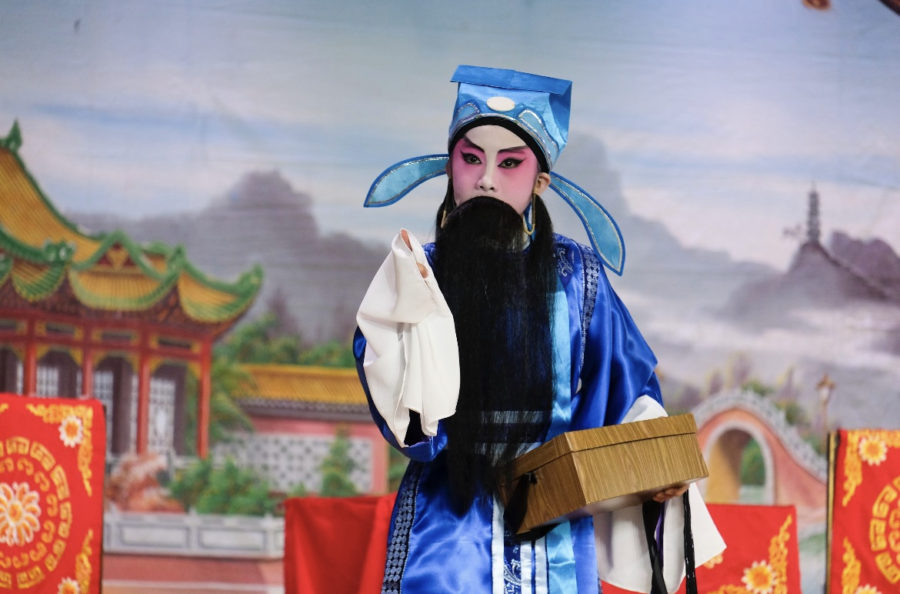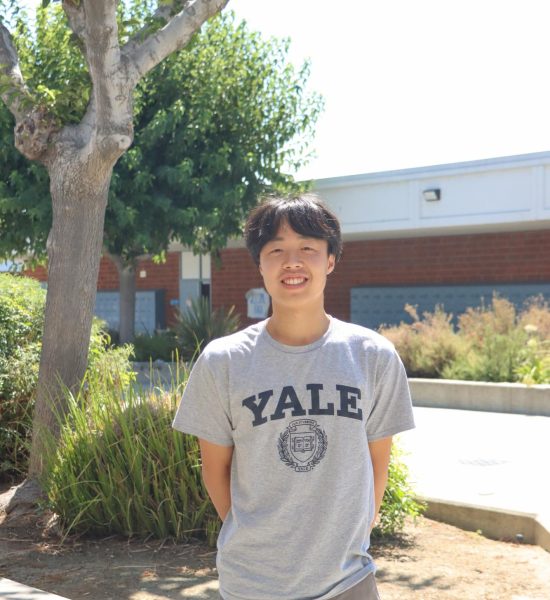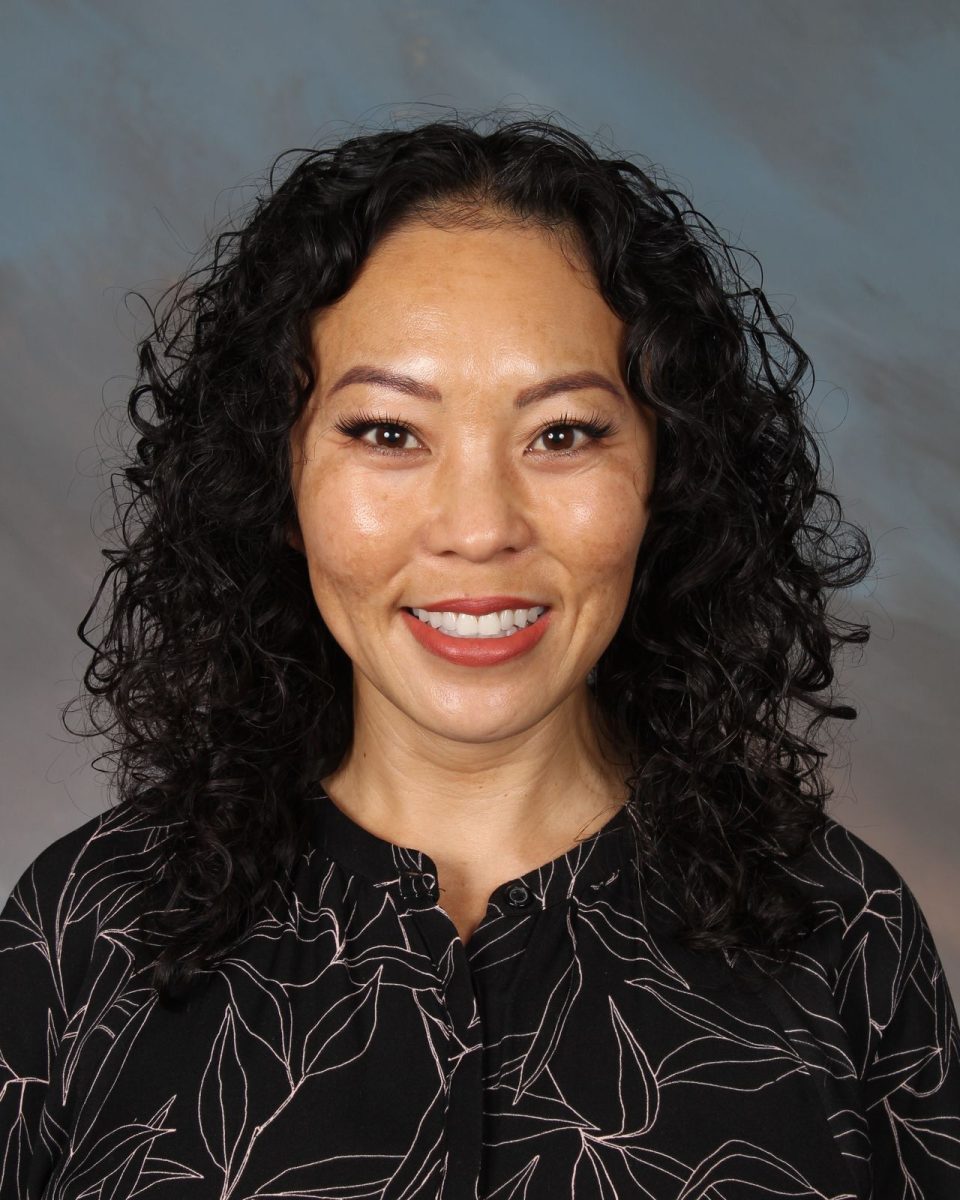A heartfelt connection with the art of Cantonese opera
April 19, 2023
With a special and never-ending love for her cultural heritage, sophomore Carissa Yu twirls into the Cantonese opera spotlight with a goal to preserve the art that makes her who she is today.
Cantonese opera is a traditional performing art that combines singing, dancing, acting and storytelling. It involves wearing cultural costumes and makeup, which include intricate pieces with many layers based on historical paintings and outfits. Cantonese opera makeup requires performers to cover their faces with white and red layers of paint around their eye area. This can take more than three hours to complete.
“Getting into a costume can be very painful as headpieces are heavy and tight. My eyebrows have to be pulled up and taped and costumes can be very restrictive and stuffy,” Yu said. “But I make sure the discomfort does not distract me and to have fun with my performances.”
The songs and music surrounding Cantonese opera is much different for Yu. Because Yu has a vocal range lower than most females, she is able to take on both male and female roles. Yu also uses the opportunity to demonstrate her acting, facial expressions, acrobatics and martial arts. One of her favorite performances was the “Orphan of Gu,” in which she sang the part of an old medicine man with a long beard.
“During that performance, I needed to truly immerse myself and embody the character of an older man, a father who had to give up his child to be killed,” Yu said. “My ultimate goal throughout the performance was to make the audience feel the sorrowful emotions that I felt.”
Performing in the Cantonese opera has been a way for Yu to remain connected with her roots ever since she was 5 years old. It has given Yu a chance to interact with Cantonese-Americans and discover more about her cultural heritage. She has even performed at the Sha Tin Theatre in Hong Kong and met Carrie Lam, the Chief Executive of Hong Kong at the time.
“For many immigrants, moving to the United States often meant leaving behind their motherland and assimilating into American culture,” Yu said. “I feel a sense of pride seeing elderly immigrants smile, laugh and cry at my performances, knowing that I have taken a part in allowing them to stay connected to their roots.”
Due to the increasing suppression of the Cantonese language by the Chinese government, Yu’s goal is to preserve the art and the language. In the future, Yu plans to pursue law and politics, using her platform as a public figure to showcase her culture. She also aims to use her influence to pass legislation in the future to help with the preservation of her culture.
“I want to continue to keep this tradition alive, so that future generations of Chinese-Americans can experience Cantonese opera and feel connected to their culture the same way I have,” Yu said. “One day, I am confident I can make my dream come true.”












Hazel • Apr 20, 2023 at 5:33 am
Such a well written piece about an interesting cultural performing arts.
It will be nice to be able to see the picture of the female role costume as mentioned in the article.